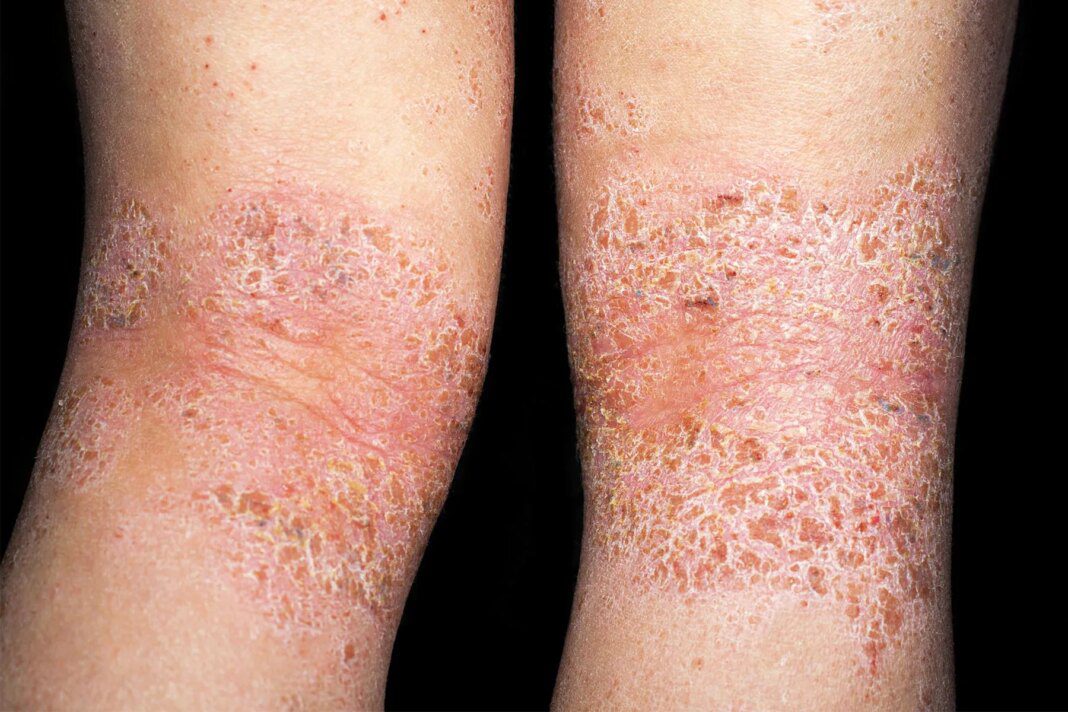Understanding Atopic Dermatitis: More Than Just Dry Skin
Is your persistent dry skin actually atopic dermatitis? Many individuals, like George Kramb from San Diego, CA, may mistake their symptoms for a severe case of dry skin. Kramb shares how his skin concerns evolved from flaky and cracked to a point where he struggled to use his hands during winter months. Despite trying various over-the-counter remedies, such as Aquaphor and Cetaphil, relief was only temporary.
Upon consulting a dermatologist during his teenage years, Kramb received a proper diagnosis of atopic dermatitis. This skin condition goes beyond simple dryness, presenting as itchy rashes that can come and go and are often tied to allergies.
Understanding Atopic Dermatitis Symptoms
According to Dr. Annabelle Garcia, a dermatologist based in San Antonio, TX, atopic dermatitis manifests as a chronic inflammatory disease. It can lead to constant itching, resulting in cracked and bleeding skin in moderate to severe cases. Common symptoms include dry, discolored skin, intense itching, painful rashes that may ooze fluid, disrupted sleep patterns, and thickened skin due to scratching.
While the exact cause of atopic dermatitis remains unknown, genetic and environmental factors likely contribute to its development. Individuals with a history of asthma or allergies in their family are at a higher risk of developing this condition.
Distinguishing AD from Dry Skin
Atopic dermatitis is more than just typical dry skin. Dr. Garcia explains that while both conditions can lead to flakiness, AD is characterized by red or dark rashes, persistent itching, and potential oozing and bleeding skin lesions. The presence of an itch-scratch cycle is common in individuals with atopic dermatitis, where the urge to scratch exacerbates irritation and itching.
Obtaining an Accurate Diagnosis
Diagnosing atopic dermatitis can be challenging, especially when the rash resembles other skin conditions like psoriasis or poison ivy. Darker skin tones may also mask the rash, prolonging the diagnostic process. If you experience an itchy rash, seeking medical advice is crucial to confirm whether you have atopic dermatitis. Understanding your condition is essential for managing symptoms effectively and finding suitable treatments.
In Conclusion
Atopic dermatitis is a complex skin condition that requires a comprehensive approach to management. By differentiating it from common dry skin issues, individuals like George Kramb can finally access the proper care and treatments needed for relief. If you suspect that your persistent dry skin may be more than it seems, consulting a healthcare professional can provide clarity and guide you towards optimal skin health.

